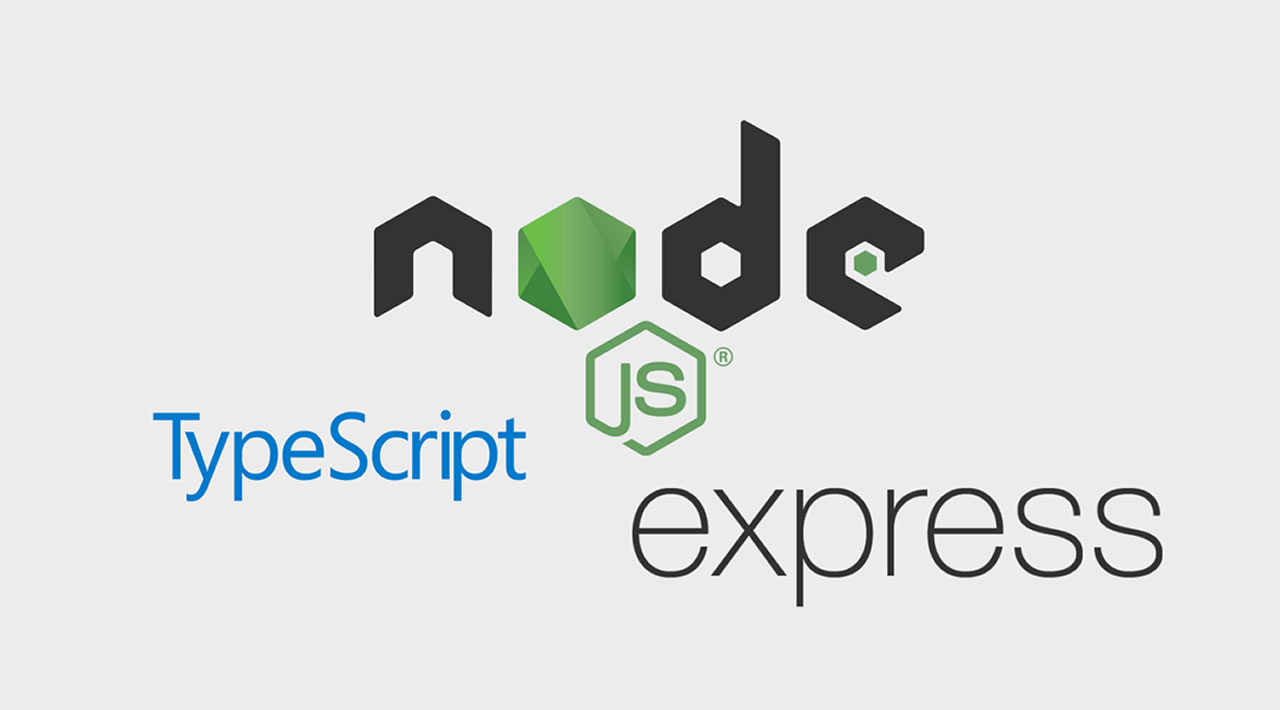Learn how to set up TypeScript in an Express.js app. This post describes a beginner-friendly way to set up TypeScript in an Express.js app and understand the basic constraints that come with it.
Ease of development is great when you are building a server written in JavaScript using Node.js and Express. What happens when this application server scales or you are working in a team of developers all across the world? TypeScript can help.
In this post, I am not going to talk about whether you should use TypeScript or not. This post describes a beginner-friendly way to set up TypeScript in an Express.js app and understand the basic constraints that come with it.
Prerequisites
To take full advantage of this tutorial, please make sure you have the following installed in your local development environment:
- Node.js version >=
12.x.xinstalled - Access to one package manager such as
npmoryarn - Basic knowledge of Node.js and Express
Create a minimal server with Express
Start by creating a new directory where you keep your side projects in your local development environment. Inside that directory, use npm’s initializer command to create a package.json file:
media server
cd server/
npm init --yes
The --yes flag uses the default settings when initializing a package.json from npm config you might have set up.
The package.json file created might look something like this:
{
"name": "express-ts-example",
"version": "0.0.1",
"description": "",
"main": "index.js",
"scripts": {
"test": "echo \"Error: no test specified\" && exit 1"
},
"keywords": [],
"author": "Aman Mittal (https://amanhimself.dev)",
"license": "MIT"
}
After the initializing step, let us add an express package. From the terminal window, run the command:
yarn add express@4.17.1
Next, create a new file called index.js at the root of the project with the following code to trigger a minimal server:
const express = require('express');
const app = express();
const PORT = 8000;
app.get('/', (req,res) => res.send('Express + TypeScript Server'));
app.listen(PORT, () => {
console.log(`⚡️[server]: Server is running at https://localhost:${PORT}`);
});
Go back to the terminal and trigger the common node index.js to start the server.

The Express server is now up and running.
Add TypeScript
Let’s add two libraries to the development server as devDependencies.
typescriptis a core library that helps to compile the TypeScript code to valid JavaScriptts-nodeis a utility library that helps to run a development server written using TypeScript directly from the terminal
To install them, from a terminal window run the following command:
yarn add -D typescript ts-node
The -D flag is also known as --dev flag and is a specification for the package manager to install these libraries as devDependencies.
Once these libraries are installed, go to the package.json file and see a new devDependencies object:
"devDependencies": {
"ts-node": "8.10.2",
"typescript": "3.9.5"
}
Next, create a tsconfig.json file at the root of the development server project. This file allows you to customize TypeScript configuration and add other configurations to compile the TypeScript project:
{
"compilerOptions": {
"target": "es6",
"module": "commonjs",
"rootDir": "./",
"outDir": "./build",
"esModuleInterop": true,
"strict": true
}
}
The compilerOptions is a mandatory field that needs to be specified. The options used in the config above are:
targetallows us to specify the target JavaScript version that compiler will outputmoduleallows us to use a module manager in the compiled JavaScript code. Thecommonjsis supported and is a standard in Node.jsrootDiris an option that specifies where the TypeScript files are located inside the Node.js projectoutDirspecifies where the output of the compiled is going to be locatedesModuleInteropallows us to compile ES6 modules tocommonjsmodulesstrictis an option that enables strict type-checking options
There might be other configuration options that you can add on for the TypeScript compiler but these are the basic configuration options specified that can help you to get started.
#typescript #node #express #javascript #developer
